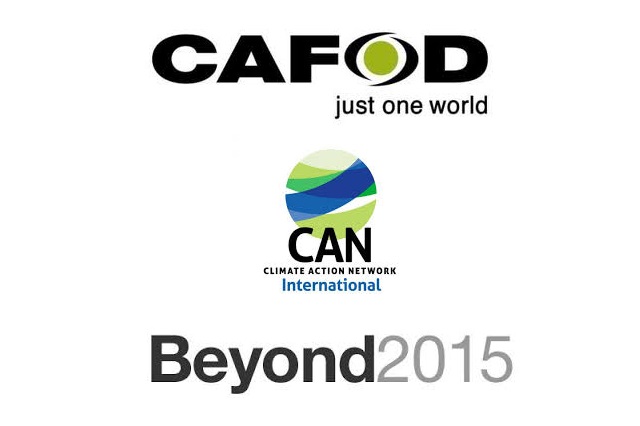Climate change is a development issue and forces us to consider a transformation in global actions, Mary Robinson told a workshop addressing global warming and the post 2015 Development Framework recently.
Climate change is a development issue and forces us to consider a transformation in global actions, Mary Robinson told a workshop addressing global warming and the post 2015 Development Framework recently.
The event: ‘Integrating Climate Change into the post 2015 Framework” discussed the latest thinking on how to bring climate change into the work of formulating Sustainable Development Goals (SDGs) without interfering with the work of the UNFCCC, the body established to facilitate a global agreement on climate change in 2015.
“Climate change is a threat to development and it forces us to consider a completely different way of doing things – a complete transformation,” Mrs Robinson said in her keynote speech to the workshop, jointly hosted in New York by CAFOD, Beyond 2015 and CAN International.
“Business as usual with a little added ‘greenness’ won’t be enough. That approach will lead to a world which is 4°C warmer than pre-industrial levels and would mean increasing extremes of temperature, heat waves, rainfall and drought.”
Mrs Robinson also highlighted the importance of a climate justice approach: “Equity lies at the heart of a climate justice approach. It requires us to find ways of reducing greenhouse gas emissions and increasing resilience without placing an additional burden on the poor and while maximising their opportunities to access the benefits of a global transition to low carbon development.”
Among the key messages which emanated from the workshop were:
1 – There is a clear and explicit link between development and climate change
2 – SDGs must guarantee visibility of climate change as a development issue and provide direction for climate change action
3 – The UNFCCC and post-2015 processes can complement each other
4 – Differentiation according to country contexts is crucial for a universal approach, particularly for a climate change goal.
5 – Advantages of a dedicated goal on climate change
6 – The success of the SDGs will depend on means of implementation
These key messages represent a summary of the discussion during the workshop but not the position of any particular government or organization present.
Related Links
The Catholic Agency For Overseas Development (CAFOD)


